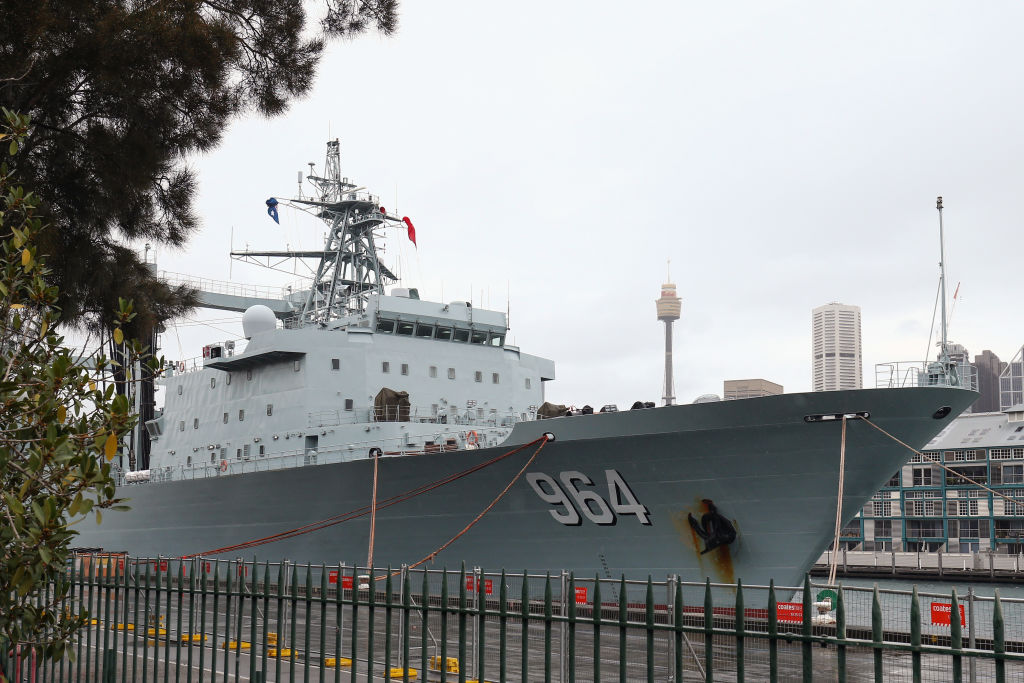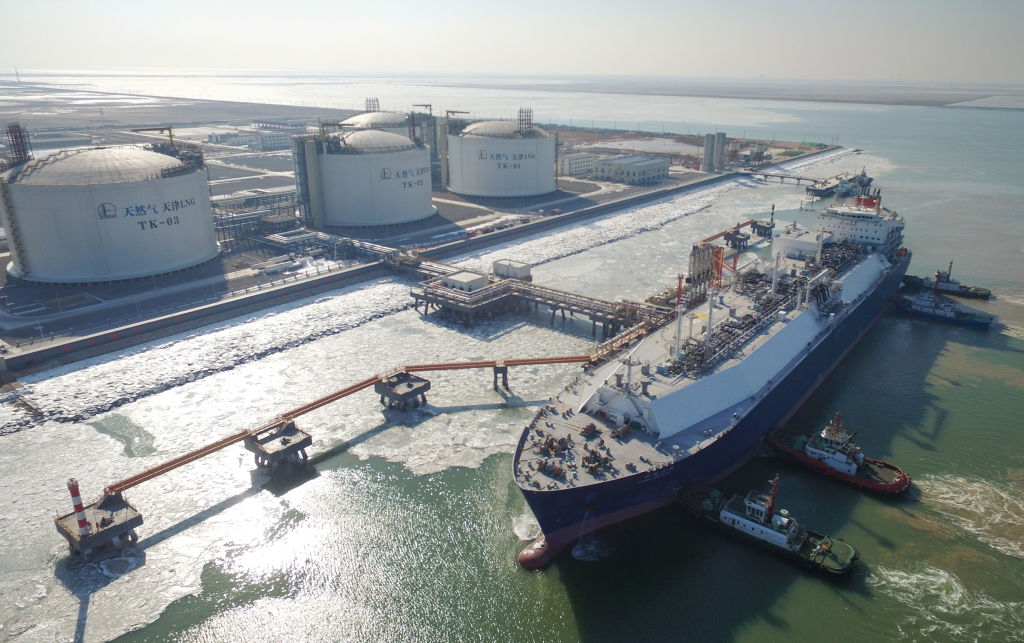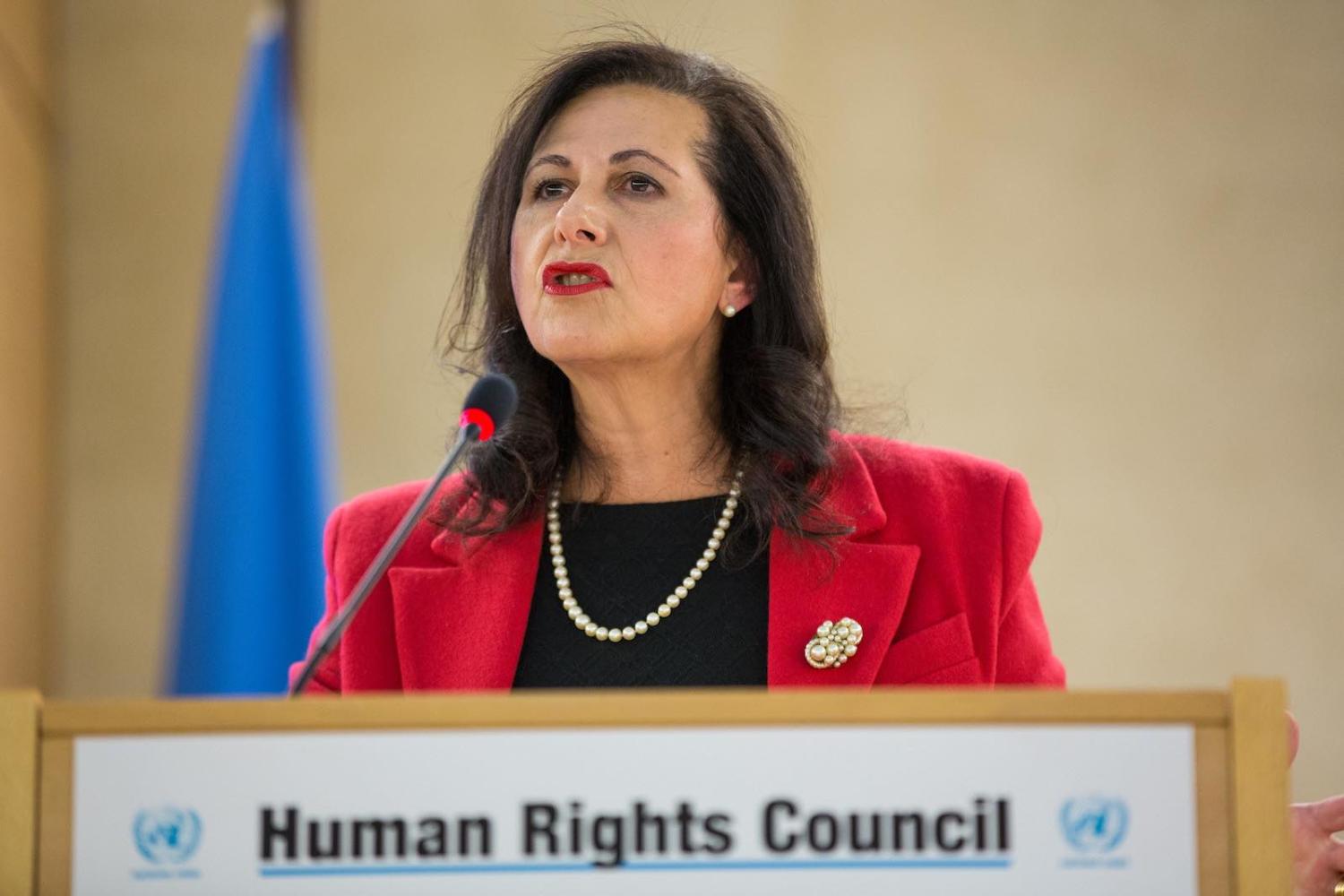Liberal senator Concetta Fierravanti-Wells’ opinion piece published on Friday in The Australian criticising the government over the visit of Chinese naval ships to Sydney is rather extraordinary. A few observations:
- Less than three weeks after the election, we are witnessing the first spectacular break with party discipline. She calls Scott Morrison’s cabinet groupthinkers and appeasers, says they were outmanoeuvred by China and that the decision to allow the ship visit was “supine”. Fierravanti-Wells clearly wasn’t listening to pundit claims about the power and respect Morrison had accrued after his “miracle” victory. As I said after the election (Australia’s election: what the hell just happened?), this is not a strong government with a renewed public mandate; on the contrary, it has no clear agenda and very little authority.

- Fierravanti-Wells’ intervention illustrates that differences on China cut across party lines. There is no China hawk party and no China dove party; instead, there are dove and hawk factions inside both parties. That does not bode well for a coherent and consistent approach to an international challenge that in many respects already dwarfs that posed by the Soviet Union.
Back in the Cold War days, things were a bit clearer: the Liberal Party was anti-communist (and anti-Soviet) from its earliest days, and the Labor Party only assumed power at the federal level after it had to overcome its internal frictions on communism (the DLP split). The lines are nowhere near as clearly drawn now.
The freedom of navigation issue is a case in point. We can clearly count Fierravanti-Wells as being in favour, along with Labor’s Richard Marles and former senator Stephen Conroy. Former Liberal foreign minister Julie Bishop and Labor’s foreign affairs spokeswoman Penny Wong are against (Australia struggles for clarity on the South China Sea).
- Fierravanti-Wells’ stark ideological framing of the China challenge is consistent with recent practice on the Australian right, but it carries an implicit acknowledgement of their weakness. For decades now the Liberal Party has been trying to connect with a largely mythological “silent majority” of voters via calls to ideological action, whether over asylum seekers, freedom of speech, Islamic extremism, or same-sex marriage. None has really delivered, and as the primary vote count at the last election demonstrated, the Liberal Party is less popular than ever.
So although Fierravanti-Wells says standing up to China for fundamental values is “what Australians expect”, there is not much evidence she represents a large block of voters. Australians clearly value their democratic freedoms, but if Fierravanti-Wells believes the government can raise Australians out of their torpor by launching an ideological crusade against China, she is likely to be disappointed.
- Fierravanti-Wells clearly wants Australia to partner with the US on a more confrontational course against China, but she has nothing to say on the price the country should be prepared to pay to pursue such a course. It would almost certainly have economic costs, and we need advocates for a tougher line on China to be more open about that.


